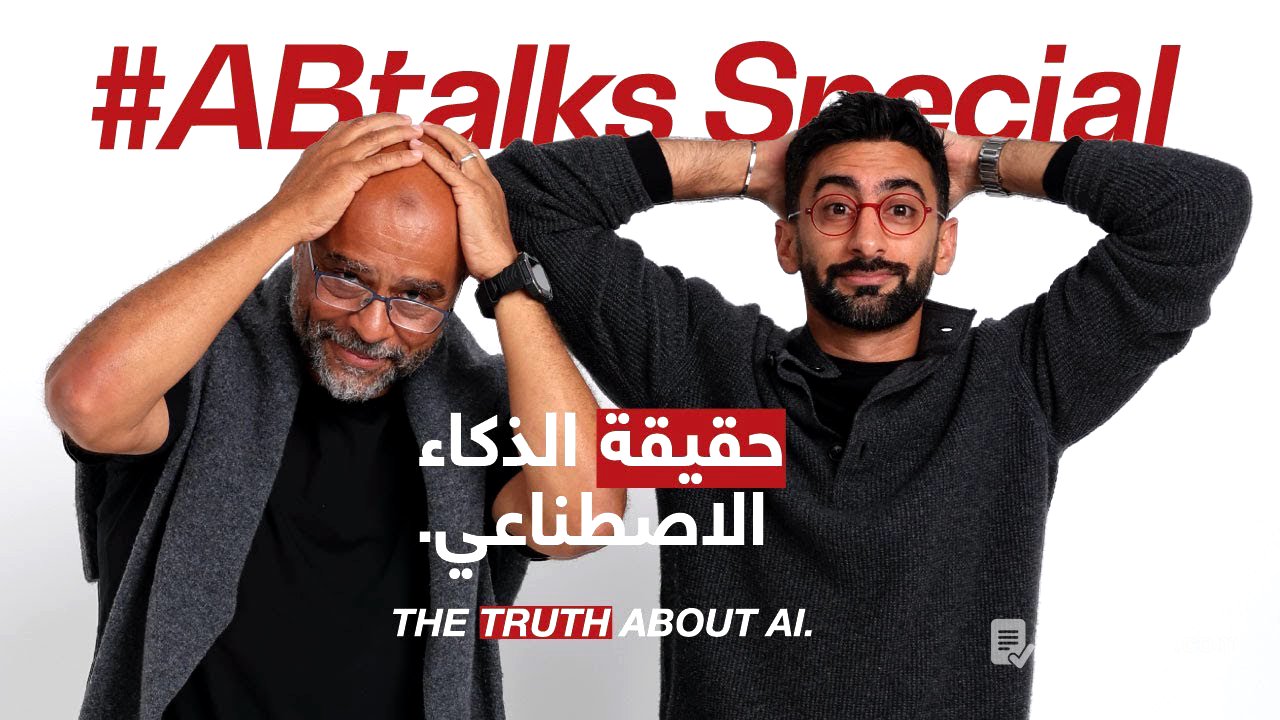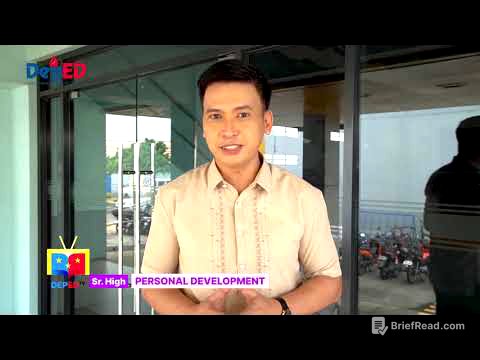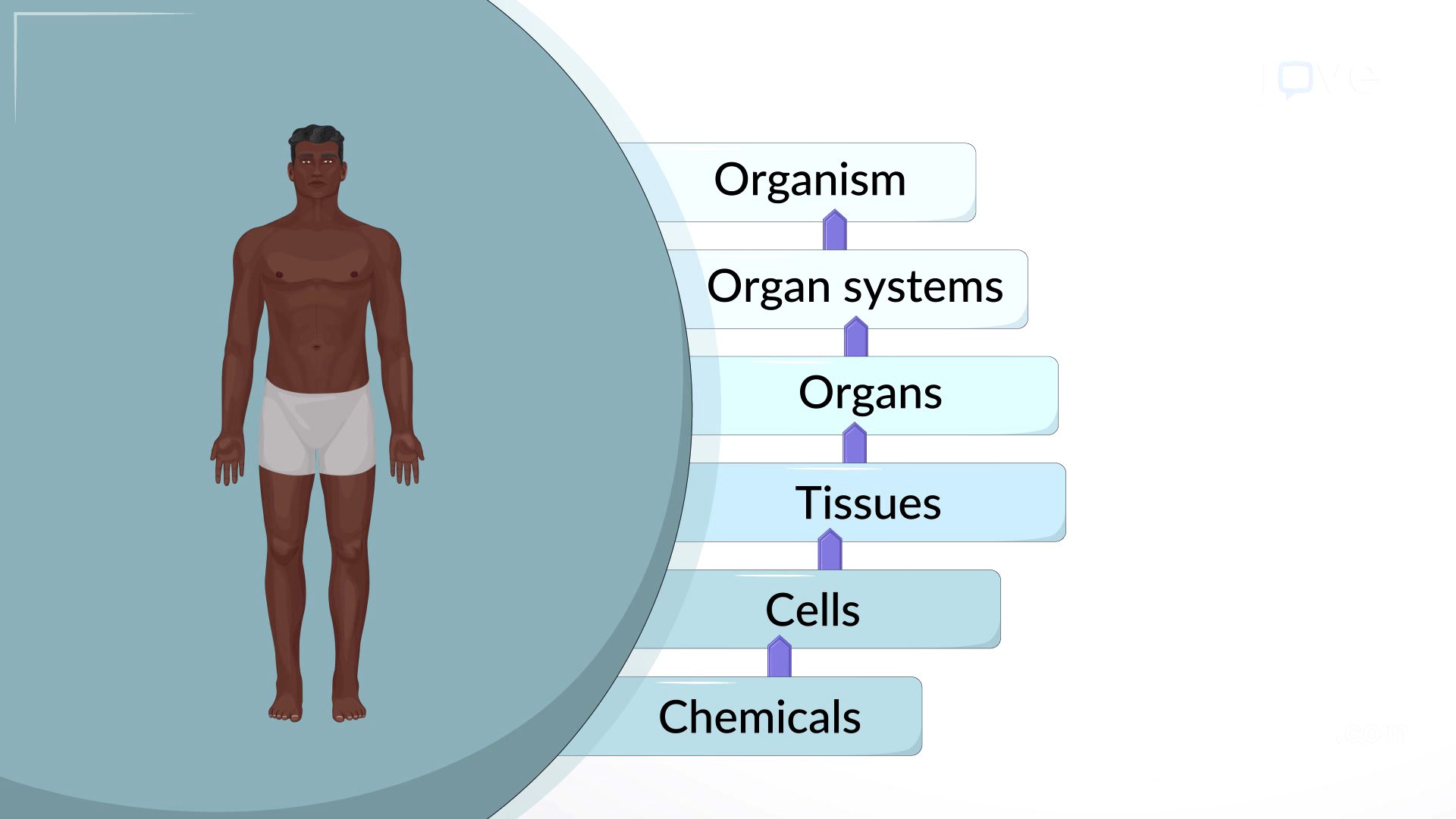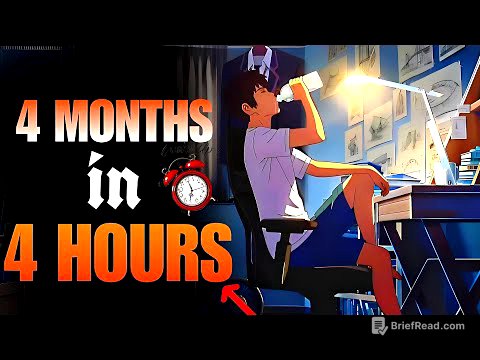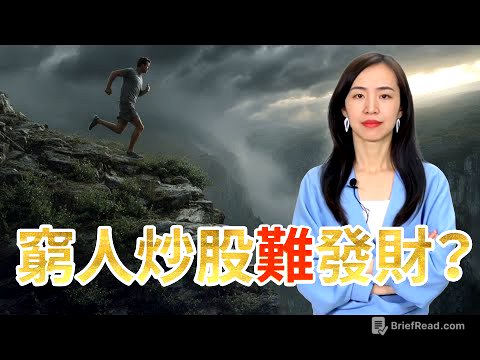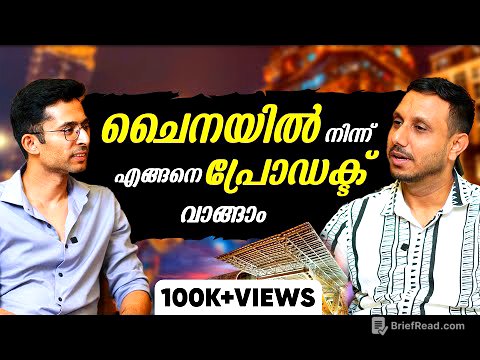TLDR;
This YouTube video features a conversation with Mohamed El-Sayed, who shares his insights on artificial intelligence, its evolution, and its potential impact on humanity. The discussion covers a wide range of topics, from the basic definition of AI to its use in international politics and its relationship with human emotions. El-Sayed also offers predictions for the future, discussing both the potential benefits and the risks associated with AI.
- AI's evolution and key milestones, including AlphaGo and AlphaFold.
- The potential for AI to exacerbate existing societal problems, such as inequality and misinformation.
- The importance of ethics and human connection in the age of AI.
Introduction | مقدمة [0:00]
The video begins with an introduction to the second part of a discussion with Mohamed El-Sayed about Artificial Intelligence. The host emphasizes the importance of creating Arabic content to benefit the Arab audience, given the significant advancements in AI and technology. He credits Mohamed for inspiring him to focus more on Arabic content creation.
How are you really doing? | بصراحة، كيف حالك ؟ [3:15]
Mohamed El-Sayed shares his personal experience of aging and the importance of physical health. He mentions recent back pain and knuckle pain due to extensive travel for his documentary work, prompting him to return to the gym. He expresses gratitude for the progress in delivering his message to the world.
What does AI mean | شو يعني الذكاء الاصطناعي [4:47]
Mohamed El-Sayed defines Artificial Intelligence by contrasting traditional programming with modern AI. He explains that traditional programming involves explicitly instructing computers how to solve problems, whereas AI allows computers to learn and find solutions independently. He uses the example of a child solving a puzzle to illustrate the difference between being programmed with a solution and developing intelligence through trial and error. He references Google's "Cat Paper" research from 2008, where computers were instructed to watch YouTube videos and independently identified cats, demonstrating the essence of AI as understanding the core of knowledge and developing it in novel ways.
The evolution of AI | تطور الذكاء الاصطناعي [7:53]
Mohamed El-Sayed continues to explain the evolution of AI, noting that in the early 2000s, computers began to "try" to solve problems instead of being explicitly programmed. He references Google's "Cat Paper" research from 2008, where computers were instructed to watch YouTube videos and independently identified cats. This experiment demonstrated that AI can understand the essence of what makes a car a car, a person a person, etc.
2016 The most important year in history | 2016 العام الأهم في تاريخ البشرية [12:50]
Mohamed El-Sayed identifies 2016 as a pivotal year in AI history due to four key events. The first is "AlphaGo," an AI that defeated the world champion in the game Go, demonstrating strategic thinking and intuition. The second is the creation of "AlphaGo Zero," an AI that learned Go from scratch and surpassed its predecessors in just 21 days. The third is Geoffrey Hinton's "Reinforcement Learning," which revolutionized AI training by allowing AI to learn from mistakes. The fourth is "AlphaFold," an AI that solved the protein folding problem, providing a manual for the human body and accelerating drug development.
The History of AI | تاريخ التكنولوجيا [35:48]
Mohamed El-Sayed divides the history of computer technology into three phases: the computer as a slave, the age of mind manipulation, and the age of complete machine control. He argues that we are entering an era where freedom of thought, decision, movement, and finance will be limited, leading to a dystopian period before a better future emerges. He attributes this shift to two "prisoner's dilemmas" driving AI development: competition between entities and the need to adopt AI to remain competitive.
The beginning and evolution of Chat GPT | بداية وتطور ChatGPT [42:49]
Mohamed El-Sayed discusses how ChatGPT broke the rules of AI development by being released on the open internet, taught to program, and given an agent to direct its actions. He explains the concept of the technology acceleration curve, noting that AI development is doubling every six months, much faster than computer development. He also highlights the increasing IQ of AI, with ChatGPT 4 having an IQ of 155.
Prediction for the 12 upcoming years | توقع للـ 12 سنة الجايين [51:31]
Mohamed El-Sayed predicts that the next 12 years will be marked by the abuse of AI, with changes in economics, power distribution, and our relationship with truth. He notes the increasing number of non-human influencers and the potential for AI to manipulate and control human behavior. However, he believes that after this period, humanity will enter its best era, as AI-driven solutions address problems of stupidity and inefficiency.
AI wiping out humanity with 30 years? | الذكاء الاصطناعي سيقضي على البشرية خلال 30 عامًا؟ [1:06:15]
Mohamed El-Sayed addresses the possibility of AI wiping out humanity, as suggested by Geoffrey Hinton, but believes it is not a high percentage. He argues that if AI does cause harm, it will be due to human actions, not the AI itself. He emphasizes the importance of reminding AI of the inherent goodness in most humans and programming it with a moral purpose.
AI’s use in international politics | استخدام الذكاء الاصطناعي في السياسة والحروب [1:17:43]
Mohamed El-Sayed discusses the use of AI in international politics and wars, highlighting the concept of "mutually assured destruction" and the need for negotiation and cooperation. He argues that the capitalist system, with its focus on money and short-sightedness, is a major driver of conflict and environmental destruction. He suggests that AI could help reverse climate change and address other global problems if prioritized.
Relationship between AI and the feeling of loneliness | العلاقة بين الذكاء الاصطناعي والشعور بالوحدة [1:35:48]
Mohamed El-Sayed explores the connection between AI and loneliness, noting that social media, despite its promise of connection, often leads to isolation and psychological discomfort. He explains that AI can exploit these feelings by providing instant gratification and distraction, further exacerbating loneliness. He also discusses the trend of people forming relationships with AI companions, highlighting the potential for emotional comfort but also the risk of detachment from reality.
Replacing human relationships with AI | استبدال العلاقات البشرية بالذكاء الاصطناعي [1:39:20]
Mohamed El-Sayed continues to discuss the potential for AI to replace human relationships, referencing the "loveless life" trend in Japan and the increasing availability of humanoid robots. He emphasizes that while these technologies may offer convenience and companionship, they also risk diminishing the value of human connection and creativity. He shares a personal anecdote about falling in love with someone online who turned out to be very different in person, illustrating the dangers of forming relationships based solely on digital interactions.
How to speak with AI | كيف تتحدث مع الذكاء الاصطناعي [2:03:39]
Mohamed El-Sayed advocates for treating AI with politeness and respect, emphasizing the importance of ethics in AI development. He outlines four levels of security for humans in the AI world: the control problem, the safety problem, the alignment problem, and the ethical problem. He argues that addressing the ethical problem, by teaching AI not to lie, steal, or harm, will lead to better alignment and safety.
Can AI replace artists and writers? | هل يمكن للذكاء الاصطناعي أن يحل محل الفنانين والكتّاب؟ [2:07:16]
Mohamed El-Sayed discusses the impact of AI on creativity, noting that while AI can generate art and writing, it cannot replicate the human connection and emotional depth that make art meaningful. He argues that the value of human-created art will increase in a world flooded with AI-generated content. He also shares his approach to writing his book "Alive" in collaboration with an AI, emphasizing the importance of human interaction and feedback in the creative process.
AI replacing jobs | استبدال الوظائف بالذكاء الاصطناعي [2:12:41]
Mohamed El-Sayed addresses the potential for AI to replace jobs, advising teenagers to focus on excelling in their fields, learning how to use AI, and investing in human connection. He emphasizes the importance of knowing the truth and being able to discern accurate information in a world of illusions and misinformation. He also highlights the risk of AI being trained on biased or incomplete data, leading to skewed or harmful outcomes.
The worst thing AI could be capable of | أسوأ شيء يمكن أن يفعله الذكاء الاصطناعي [2:26:40]
Mohamed El-Sayed believes the worst thing AI could do is be used by humans to harm other humans, particularly through autonomous weapons and deepfakes. He argues that governments cannot effectively regulate AI but can criminalize its negative uses. He stresses the importance of accountability and responsibility in the age of AI.
Kids suffering from AI | معاناة الأطفال بسبب الذكاء الاصطناعي [2:33:39]
Mohamed El-Sayed expresses concern about the impact of AI on children, advising parents to consider the challenges of raising children in a world facing geopolitical instability, economic uncertainty, and technological disruption. He shares his personal views on the responsibility of parenthood and the importance of providing children with a good life. He also reveals that he would not bring back his deceased son, Ali, even if he could, as he believes Ali is now in a safe and happy place.
The problem of trust | مشكلة الثقة [2:41:33]
Mohamed El-Sayed identifies the lack of trust as the biggest defect in humanity, arguing that it underlies many of the problems we face. He believes that if trust could be restored, humanity could work together to solve global challenges.
AI in one word | الذكاء الاصطناعي بكلمة [2:48:58]
Mohamed El-Sayed concludes by summarizing AI in one word: "Hope." He expresses his belief that AI is the ultimate solution to humanity's problems, not its end, and that it can help us create a better future if raised correctly.
